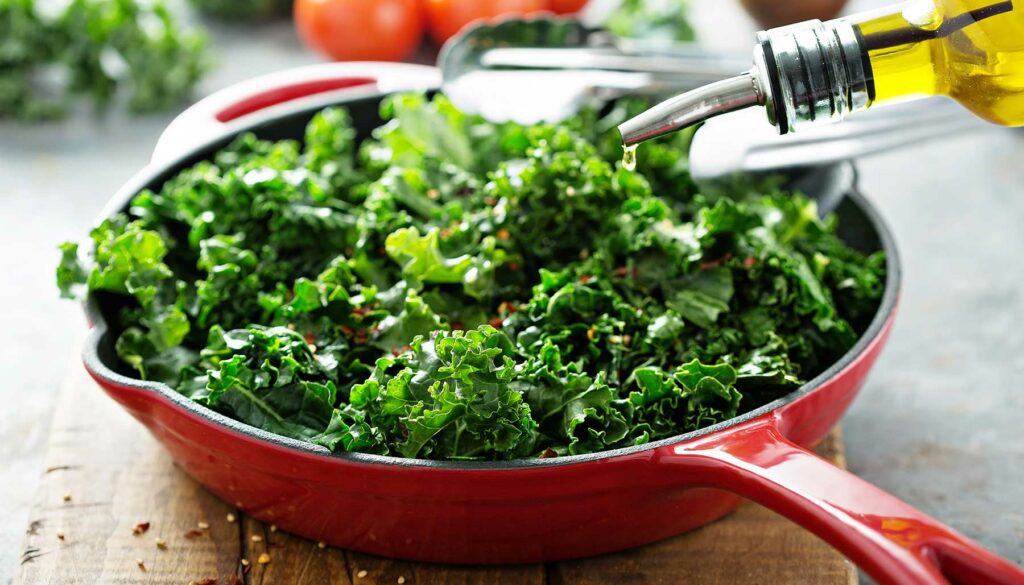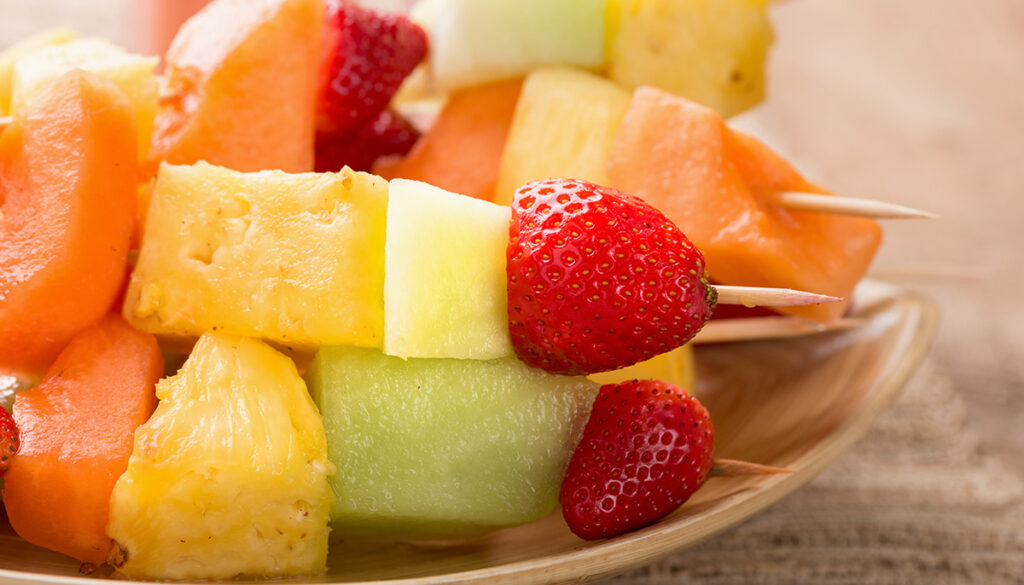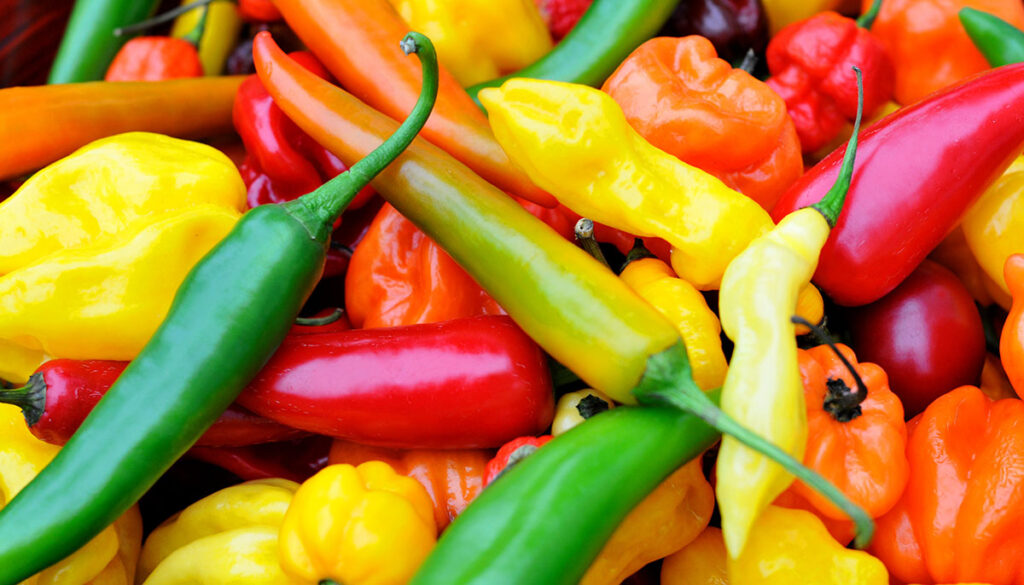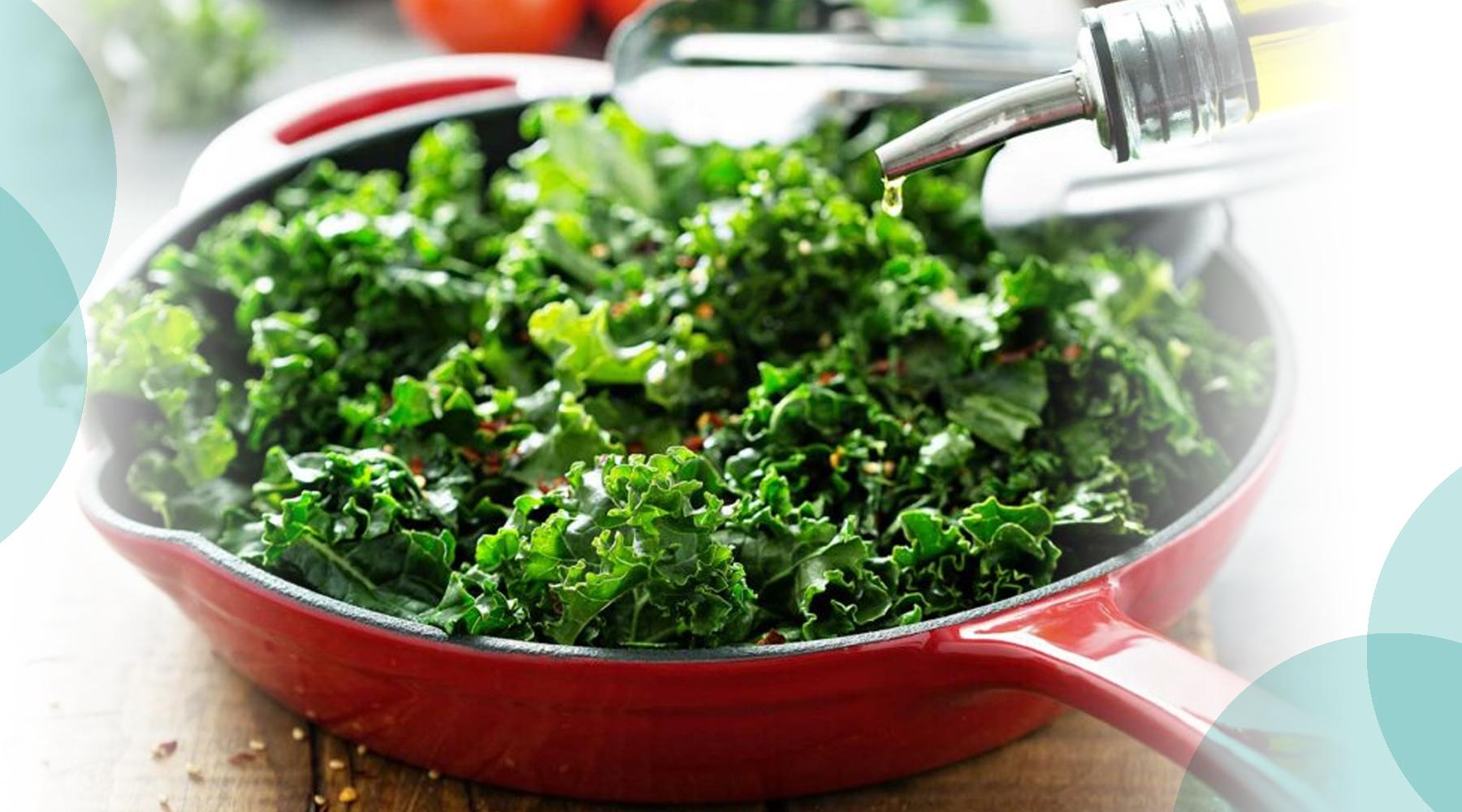Having a healthy metabolism is an important part of your overall well-being. No, it’s not just about losing weight. Although we often only mention metabolism when talking about weight loss, your metabolism plays a much bigger role in your health. Without it, we wouldn’t even be alive.

Metabolism actually refers to the process in our bodies that converts the food we eat into energy we can use. That energy allows us to do basically everything, from walking around to sleeping, and even down to the essentials like breathing. It’s a pretty complex process, but that’s the main idea, anyway.
Clearly, our metabolic health is pretty important to us. Without it, we wouldn’t be able to do anything. Our bodies need the energy converted from food – otherwise, we wouldn’t even be alive! We need that energy, even when we aren’t doing much of anything. When we are at rest, we still need energy for breathing, blood circulation, growing and repairing cells, and processing nutrients, just to name a few.
As you can tell, metabolism and burning calories aren’t really all about losing weight. While we gain and lose weight by changing the number of calories that we eat versus how many we burn, it is much more important than that.
The number of calories that our bodies need to run all of these basic functions is what we call the basal metabolic rate. It’s different for everyone and is dependent on a variety of factors.
All the Factors That Affect Our Metabolism
There are plenty of factors that affect a person’s metabolism. Some of these factors, such as genetics and our hormones, are out of our control. Those are kind of just the cards we are dealt. It can also be affected by things like your age, your body size, and the amount of muscle in your body. But there are other aspects – lifestyle and environmental factors like how much physical exercise you do regularly, and the foods you eat – that can be controlled by us.
Yes, you read that correctly: even the foods that you put in your body can have an effect on your metabolic health. Many foods can support and even boost our metabolism, and all we have to do is eat them! Look, I’m already eating all the collard greens and kale in sight, but I’m glad to have yet another reason to load up on my tasty greens.
In addition to dark, leafy greens, there are plenty of other foods you can add to your diet (or increase your consumption) that are incredibly beneficial to your metabolic health. From a good chai tea to a hearty bowl of spicy chili, you could be giving your metabolism a boost every time you sit down for a meal.
Check out these healthy foods that will give your metabolism a boost!
Tea

No, the bottled sweet tea from the break room vending machine is not what I’m talking about here. Yeah, I know that stuff is really tasty, but the amount of sugar in it kind of outweighs the benefits. All that sugar can lead to a lot of health problems, including problems concerning your metabolic health. Too much sugar can even lead to metabolic disease. That’s definitely the opposite of what we are trying to do here!
For metabolic health benefits, reach for the traditional stuff, either loose-leaf or in tea bags. You know, the kind you have to brew with hot water. There are plenty of varieties that provide antioxidants called catechins. These antioxidants keep oxidative stress and cellular damage in check and lower the risk of developing serious diseases. However, they also boost your metabolism and help you break down fats. Many teas also contain caffeine, which will boost your energy and help you burn more calories.
Green tea in particular is high in catechins. Black tea, oolong, and white tea also have higher concentrations of antioxidants. Herbal teas can contain catechins, depending on the variety, but it’s usually not as high as other teas. Most herbal teas also include other antioxidants, though.
Dark Leafy Greens

I talk about the health benefits of dark leafy greens a lot, and it’s not just because I’m kale’s biggest fan. These vegetables are packed with vitamins, minerals, and other essential nutrients that our bodies need. Leafy greens are brain-boosting veggies that can help your brain sharp and fight that dreaded brain fog. They are also packed with nutrients that are associated with maintaining a healthy mood.
Of course, some of the nutrients in leafy greens also play an important role when it comes to our metabolic health.
Leafy greens such as collards, Swiss chard, spinach, kale, beet greens, and even dandelion greens all contain high levels of iron. Iron is essential in a variety of our metabolic processes, including oxygen transport. To put it in basics, oxygen is combined with the calories we get from food in order to release the energy your body needs. There’s plenty of science to the complex process that our bodies carry out, but I’m not a scientist and I don’t pretend to be!
Magnesium is another important nutrient used to metabolize foods and produce energy. Luckily for greens lovers, you can get plenty of it. Kale, spinach, collard greens, turnip greens, and mustard greens contain significant amounts of magnesium.
Fruits Rich in Vitamin C

In general, fruits are chock full of antioxidants and essential nutrients that our bodies need to function correctly. Many of these vitamins and other nutrients are also important to our metabolic health.
For starters, many fruits are also great sources of magnesium and iron, just like all those dark leafy greens. Fruits are also good sources of vitamins B and K, which can help metabolize food into energy.
Many fruits, apples especially, are high in fiber, which is essential to metabolic health. Although our bodies don’t actually digest fiber, it attempts to burn calories in the process. Fiber also slows digestion and supports blood sugar levels, which can help curb sugar cravings and sustains energy.
Fruits rich in vitamin C are especially important, though. This essential water-soluble vitamin is involved in plenty of other important tasks, like repairing tissues and forming collagen. However, it’s also crucial for the absorption of iron. All that iron that you’re getting to boost your metabolism sure could use a little extra help from vitamin C! Oranges are an obvious choice, but grapefruits, kiwis, pineapple, strawberries, mango, papaya, and more also contain plenty of vitamin C.
Related: Check out these savvy uses for food that’s about to go bad!
As an added bonus, fruits are nutrient-dense – meaning they are low in calories while also being high in nutrients. And all those antioxidants will help neutralize those pesky free radicals.
Chili Peppers and Other Spicy Peppers

If you want to give your metabolism a boost, just add an extra kick of heat. Capsaicin is the actual compound that will do the trick, and it’s what gives peppers their heat. That means you’ll find plenty of it in spicy peppers, and the hotter the pepper, the more capsaicin there is.
You don’t have to suffer if you can’t handle the ghost pepper or a Carolina reaper. Even just the good ol’ chili pepper or chili flakes can do the trick. And hey, bell peppers have some capsaicin too, if you can’t handle the heat.
The capsaicin in these peppers can benefit us in other ways, like heart health and reducing inflammation. But when it comes to metabolic health, capsaicin can temporarily boost your metabolism, too. Spicy food increases your heart rate and produces heat in the body, helping you to burn more calories.
Water

First things first, water is absolutely necessary for our bodies! It helps flush toxins, keeps our brains sharp, keeps everything moving in the digestive tract, and can even boost our immune system. But did you know that water also plays an important role when it comes to metabolic health?
Many people know that drinking water instead of beverages with calories is an easy way to help keep the weight off. However, it isn’t just about taking in fewer calories. Drinking enough water can give your metabolism a big boost. Ensuring that you are properly hydrated means that your organs and muscles are working optimally, which means that they can burn calories efficiently. This includes helping your liver convert fat into usable energy.
If you need proof, here’s a study that saw water increase metabolic rates by 30 percent.
Conversely, if you don’t drink enough water, your metabolism will slow down. Dehydration can also interfere with your body’s ability to metabolize its glucose stores for energy. This leads to massive sugar cravings as your body panics for a quick pick-me-up!













